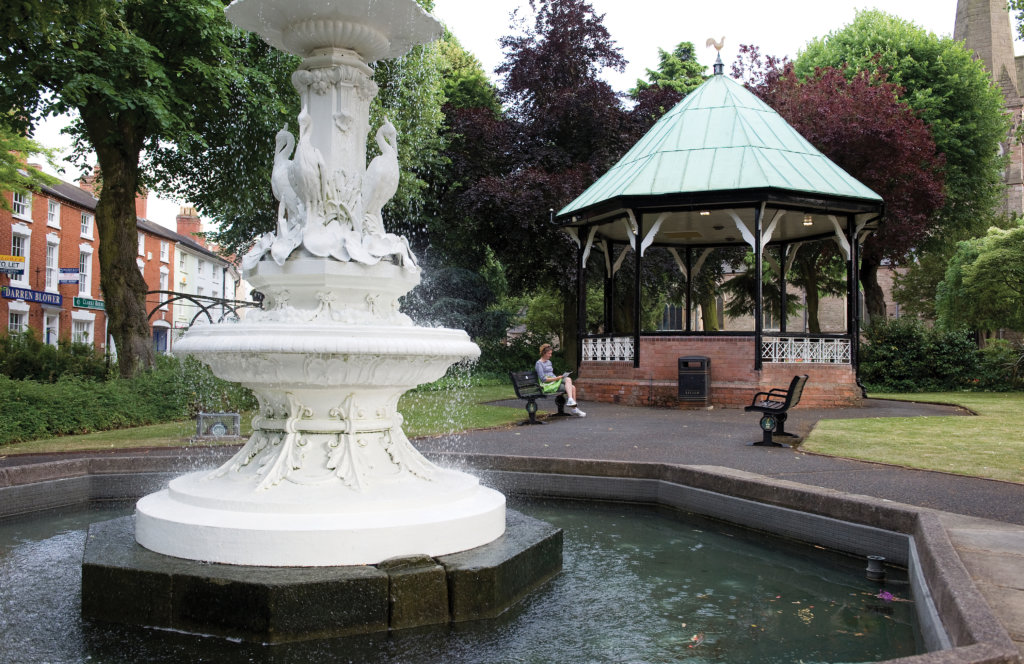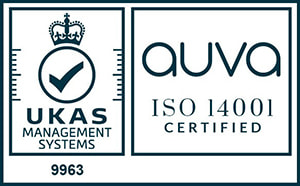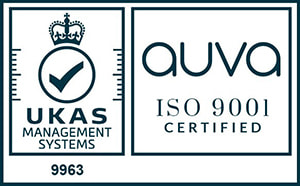
Redditch Borough Council
Quality counts when addressing fuel poverty
Redditch was redeveloped and designated as one of the UK’s ‘New Towns’ in 1964. In the recent past Redditch Borough Council has been tackling the maintenance and hard-to-treat energy issues linked to dwellings such as Wimpey No-Fines housing, as well as upgrading properties with loft, cavity and external wall installation, to ensure tenants are comfortable in their homes. The housing stock is a mix of homes from the early 1900s with around 70% dating from the 1970s and fuel poverty is now affecting a high proportion of residents.
This, and continually rising energy bills, led Redditch Borough Council to explore new ways of lowering tenants’ outgoings as well as its own. But there were existing issues that needed to be resolved first. Its Senior Gas Supervisor, Stuart Mansfield, had inherited a situation where low-priced boilers had been installed on a large scale. This was short term thinking that had a significant impact on maintenance costs and on the environment – these boilers would breakdown regularly and some would have to be replaced after five years. Mansfield had to find the most energy efficient boiler to replace the defective ones. Long term reliability would be key in the selection of the boiler brand.
Built to last
In November 2012 Dutch manufacturer, Intergas Heating’s HRE Combi Compact boilers were installed in 30 sheltered accommodation properties as part of a pilot scheme. Why Intergas? Although the brand is a household name and brand leader in the Netherlands, it was relatively known in the UK. However Mansfield’s decision was based on statistical evidence and the boiler’s revolutionary bithermic aluminium and copper heat exchanger. Its design, which eliminates the need for a secondary hot water plate heat exchanger, diverter valve, valve motor and automatic air vent – all significant sources of possible component failure – convinced Redditch Borough Council that these boilers were built to last.
Efficient and future-proof
As the boiler condenses 100% of the time in both heating and hot water modes, with virtually no standby losses, it is ultra-efficient. The Combi Compact can be converted to a heat only, sealed system, open vent and can work with solar heating systems, making it flexible and futureproof too. Their widespread installation would provide substantial savings for both tenants and the Council.
After a successful trial, Intergas Heating joined forces with Redditch Borough Council in 2013 to begin implementing the boiler replacement programme. 400 properties with older boilers will be upgraded every year. Mansfield has estimated that, over the course of a 30-year period, the Council will make savings of £16 million by changing to Intergas.
Speaking about his decision Stuart Mansfield said: “Most of the boilers we had been using previously were supposed to last for ten years, but some models didn’t even last that long. If I only have to replace one every 15 or 20 years, which will be the case with Intergas, that’s saving the council a lot of money and, as the Intergas boilers are high-efficiency, tenants will have lower energy bills too. We’ve done the maths and it’s just common sense to use Intergas.”
This retrofit solution has the potential to lift tenants out of fuel poverty by lowering energy bills and improving efficiency. There has been a 33% reduction in breakdowns over the Winter quarter (January – March 2014) when compared to the same period in 2013, and energy bills have been cut by a third from £60 to £40/month.
Redditch Borough Council has found the Intergas “First Aid” kit an advantage too. As Intergas boilers only have 12 components, including four moving parts, supplying spares when needed is never an issue – all spares are kept in the kit, which is no bigger than a large briefcase. The service engineers at nPower, who handle maintenance and servicing, were trained by Intergas and became approved to carry out any breakdown calls/repairs during the warranty period. This way the tenant would get a repair immediately after making just one phone call; Intergas would then replace the part which the engineer has used from the kit. This increased engineer confidence in finding solutions.
Bridging the care gap
Ongoing collaboration between the Council and Intergas is already helping to bridge the care gap left after central government made cuts to social care budgets. The Intergas Eco RF, a new generation of smart boiler, comes with an RF module which holds software that can send and receive information wirelessly from the boiler to the maintenance contractor or installer. With this software you can access the brain of the boiler and explore and examine every aspect of its operation; you can make changes remotely and any fault in the boiler’s performance will trigger a service or maintenance visit.
This will further drive maintenance costs down, as the fault will be known in advance, so more first-time fixes will be possible. And, up to 240 properties can be linked in one network via a single internet connection. Eco RFs are being installed in a group of homes where vulnerable/older tenants live. In addition to all the benefits of the HRE brand, which remain a feature of the Eco RFs, tenants will now have increased safeguarding as checks can be conducted on tenants’ homes without being intrusive.
Proactive not reactive
For any asset manager responsible for keeping the costs of thousands of boilers in check, a remote monitoring facility will soon become a “must have”. The data can be analysed to develop areas of best practice and generate statistics to measure a boiler’s individual performance. This in turn helps social housing providers to be more effective in managing their costs and to run a leaner, fitter operation. The tenants will benefit too, through more timely service and maintenance calls which will reduce boiler breakdowns.






